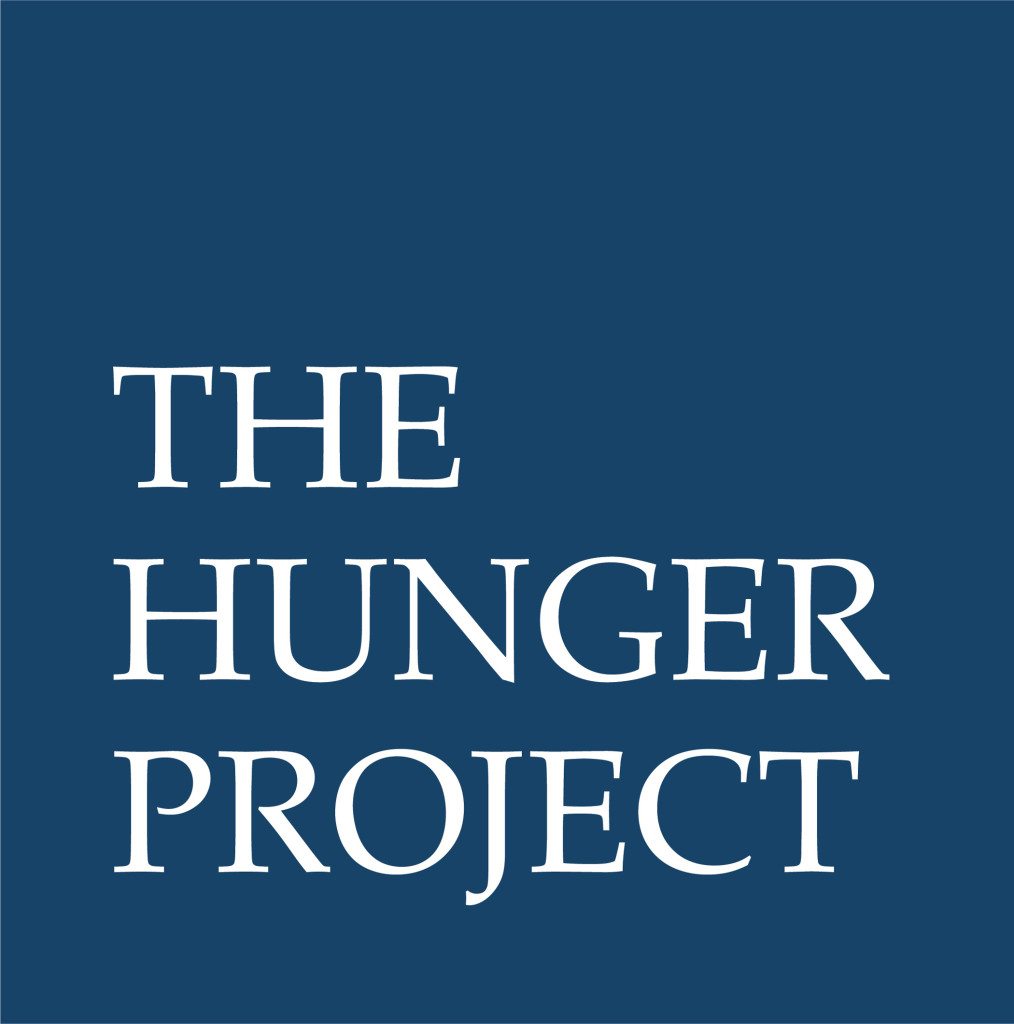The Hunger Project has been using iFormBuilder since 2012, starting with a pilot project across a handful of sites in Malawi and Ghana. Their innovation and growth have impacted many communities around the world!
As of July 2015, The Hunger Project has used iFormBuilder to collect data on more than 7,000 households across nine countries. During this time, their teams have learned a lot and have plans to continue to expand iFormBuilder usage.
At the moment, The Hunger Project uses iFormBuilder to collect survey data across program and field sites. The Hunger Project teams started out by using iFormBuilder to collect household surveys but have piloted two new techniques. The programs operations assessment is a series of questions designed to assess infrastructure projects, community leadership positions, and operational hours and services delivered within key programs like rural banks, clinics, or nursery schools. iFormBuilder is also used to collect information on a series of questions for program staff across countries to track partnership records and contributions such as details about the partner’s coverage of different programs or sectors, in-kind support, or funding contributions.

The three types of surveys are very different — one focuses on gathering staff knowledge in national offices (partner records), the second focuses on capturing information on physical infrastructure and service hours at program sites (program operations assessment), and the third focuses on traditional randomized household interviews (household surveys). By diversifying the use of iFormBuilder, The Hunger Project teams have opened the potential for other types of data collection and information sharing across the organization.
Over the past three years, their teams have become pros at using the iFormBuilder platform. Building sophisticated surveys checks has helped their data become cleaner and more beautiful than ever! The technology has been introduced to many staff and community members, helping them see the value in using the platform. Best of all, The Hunger Project lets iFormBuilder do the work for them! All of the scores that are gathered throughout the household surveys are able to be automated within the iFormBuilder platform which has saved a tremendous amount of time on the back end.
Even after three years, The Hunger Project is still figuring things out and constantly evolving. After transitioning to Android devices in the field, their ability to collect GPS information greatly increased. Through their program operations assessment, The Hunger Project teams are able to have clean and clear GPS data for many programs and sites. Now, they are shifting to making interesting maps and using geospatial analysis. Of course, as The Hunger Project introduces the iFormBuilder platform in new countries, there is a need for new devices and, thus, device management. How are your teams able to manage devices? Let us know! Up next, The Hunger Projects has big plans to scale their mobile data collection platform. It is already integral to their Monitoring and Evaluation work, but there are many parts of the process that still rely on manual data entry and data review. For them, considering the tradeoffs between costs, person-hours, and staff capacity is crucial to deciding where and when to use iFormBuilder.
A group of graduate students at Columbia University conducted a mobile monitoring pilot for their capstone project. From January to April 2015, in Malawi and Senegal, the students were tasked with determining how to reduce the flow of paper training and other forms in rural program sites to the national offices. The project highlighted gaps and helped The Hunger Project teams determine how to address the gaps.
Throughout the rest of 2015 and 2016, The Hunger Project expanded their use of iFormBuilder to Bangladesh, India, and Peru. This would mean all of The Hunger Project’s 12 program countries — reaching more than 20 million individuals — would be using iFormBuilder to collect M&E, program, and partner data. We can’t wait to see where The Hunger Project takes the Zerion suite next!
Related Articles
Implementing Innovative Technology to Collect Data and Monitor Programs



